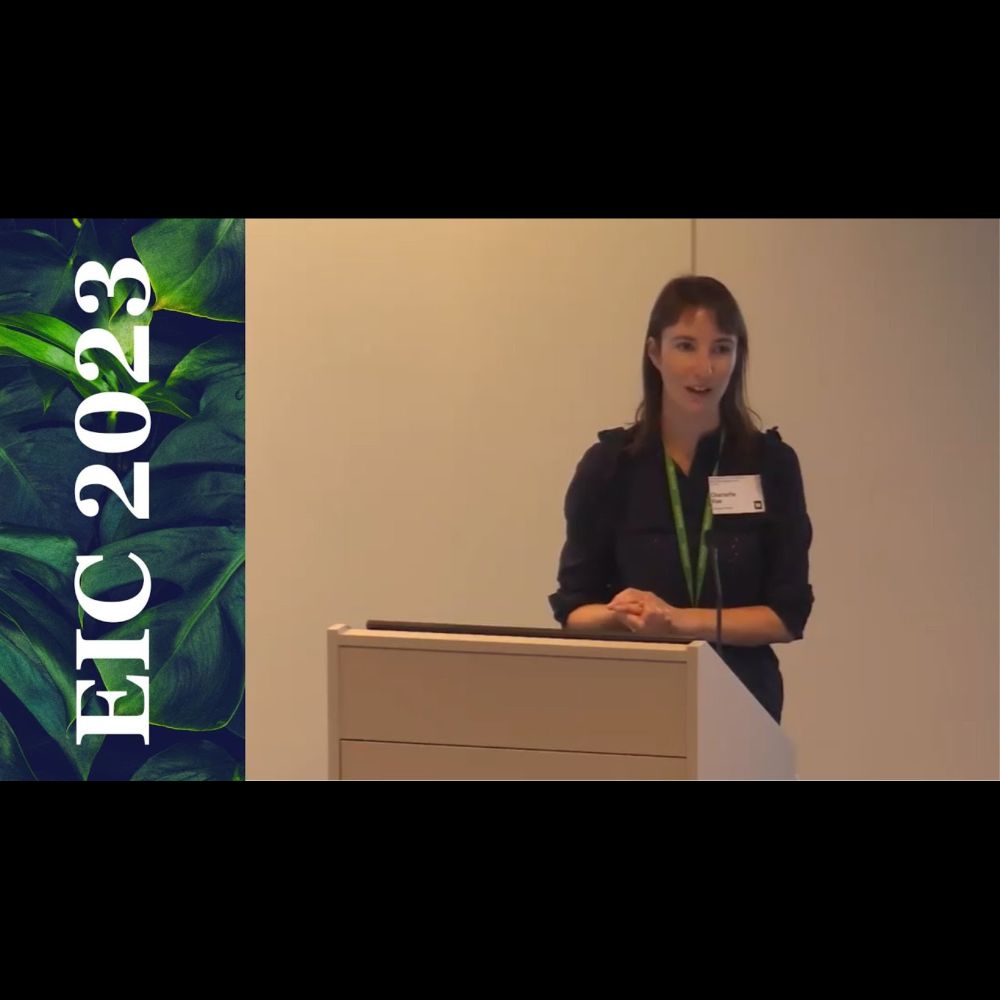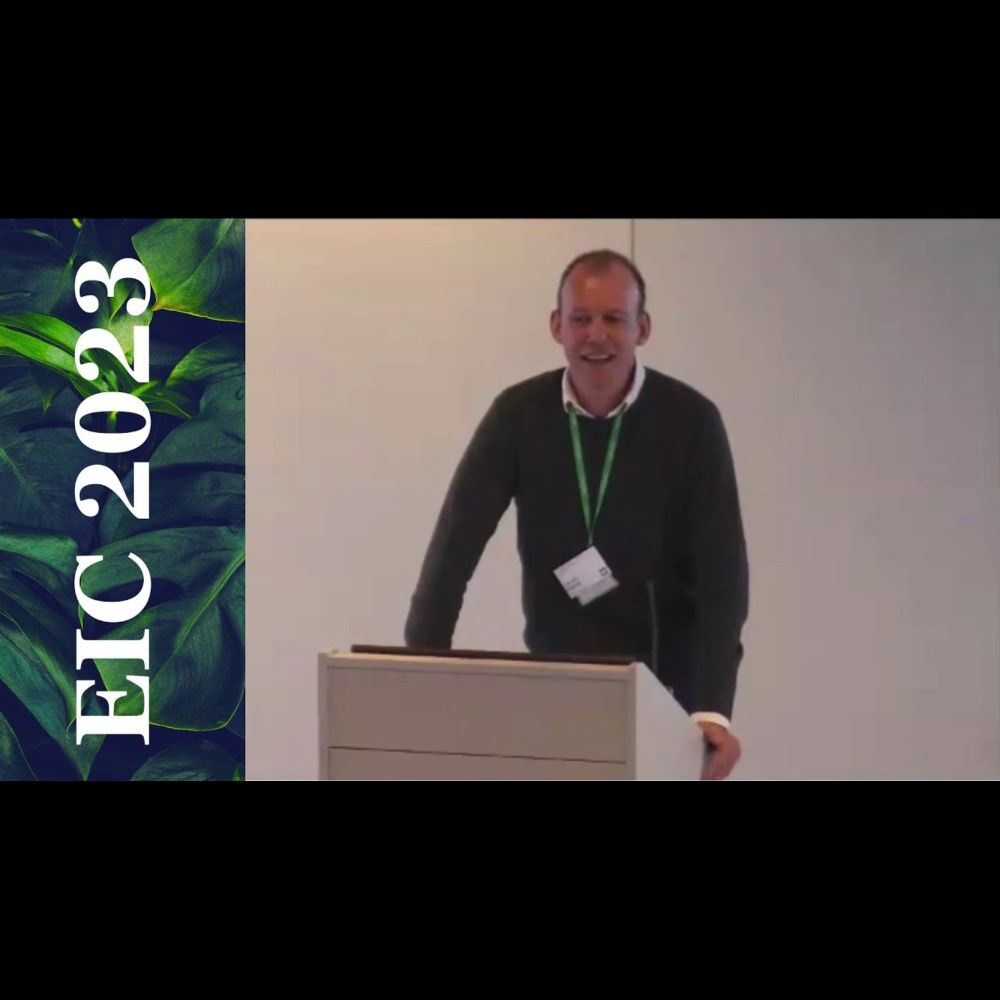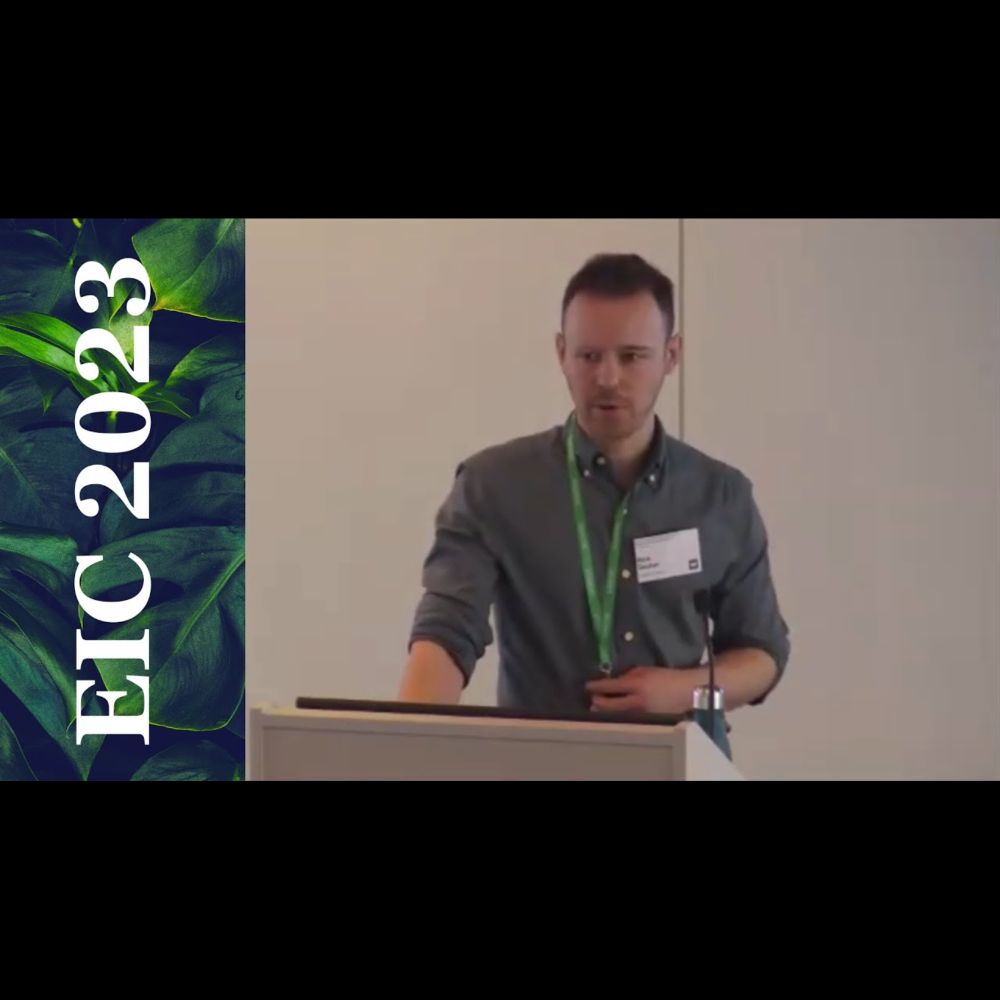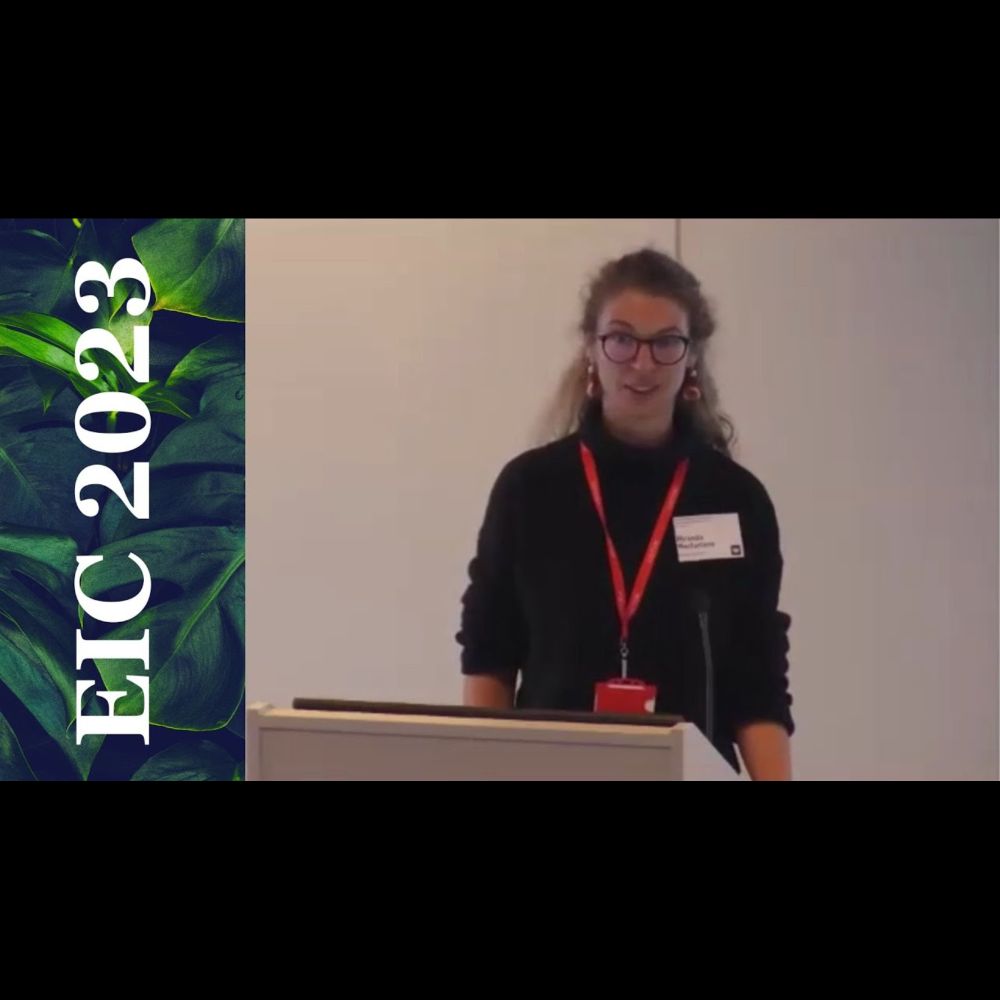‼️ If you're interested in getting involved with the SEA-SIG, we are accepting nominations for the roles of Chair, Secretary, and Treasurer until OCTOBER 5! ‼️
✨ 💫 🌍 🌱 🍃
01.10.2025 03:38 — 👍 3 🔁 5 💬 0 📌 0
🗓️ Only ONE WEEK to register for the OHBM Virtual Satellite Meeting, hosted with the SEA-SIG @ohbmenvironment.bsky.social! There will be an educational course, 3 symposia, and a can’t-miss keynote from Dr. Michael Breakspear! You won’t want to miss it!
28.08.2025 11:01 — 👍 4 🔁 4 💬 1 📌 1

Photo of Cambridge River and view over King's College with a group of people punting.
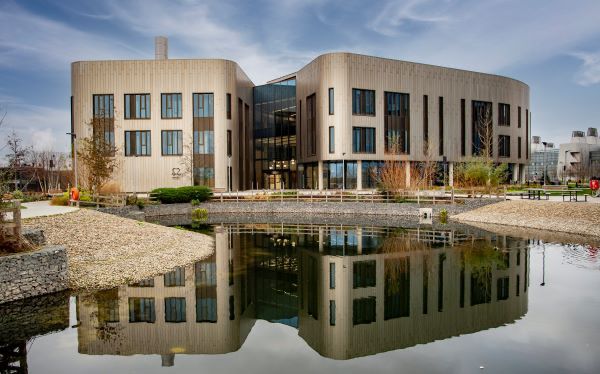
Photo of the Heart and Lungs Research Institute on Cambridge Biomedical Campus. The building is bronze-colour and in front of a pond.
📣 Interested in the environmental (un)sustainability of AI (and how to support positive change)? Or know someone who is? I have an open position for a postdoctoral researcher to join my group in Cambridge, UK 🌱
🚨Closing June 5th
www.jobs.cam.ac.uk/job/51255/
Topics below 👇
#AcademicSky #GreenSky
09.05.2025 12:36 — 👍 19 🔁 16 💬 1 📌 1
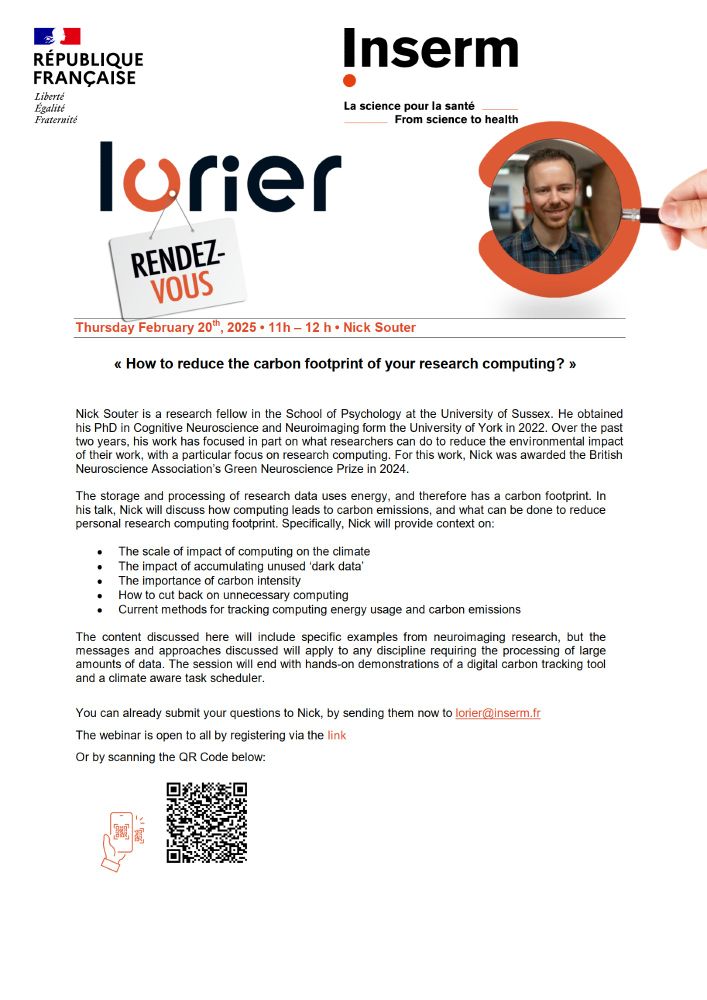
Save the date ! Co-organized with @inserm.bsky.social bLORIER, @nicksouter.bsky.social from @sussexfss.bsky.social will talk about « How to reduce the carbon footprint of your research computing? »
tinyurl.com/4hck9xbh
An event affiliated with @ohbmenvironment.bsky.social !
08.01.2025 21:08 — 👍 5 🔁 2 💬 0 📌 2
Som staggering statistics from @ourworldindata.org
07.12.2024 11:38 — 👍 3 🔁 0 💬 0 📌 0
Are you a neuroscientist interested in sustainability, but don't know who to follow? 🤔
You're in luck! Here's a starter pack of neuroscientists who post about climate, and researchers who work in the intersection of neuro/psych and climate change!
🌱Msg if you want to be added!
go.bsky.app/E1iW12T
26.11.2024 16:39 — 👍 22 🔁 12 💬 5 📌 5

Interested in joining us?
The Green Algorithms project promotes environmentally sustainable computational science through an online calculator, training material and other tools.
🚨We're recruiting! Interested in making science and computing more environmentally friendly? Now's the time!
Very excited to build a research group at Cambridge Uni to expand our Green Algorithms work thanks to the support of the Wellcome Trust
www.green-algorithms.org/join-us
#AcademicSky #SciSky
11.11.2024 17:15 — 👍 28 🔁 20 💬 3 📌 5
‼️ NEW PAPER ALERT ‼️
@nicksouter.bsky.social et al. (including many of our SEA-SIG members) demonstrate the environmental impact of different fMRIprep preprocessing choices, and make recommendations for minimizing carbon emissions of your pipeline!
onlinelibrary.wiley.com/doi/10.1002/...
28.08.2024 15:45 — 👍 3 🔁 3 💬 1 📌 0
Upcoming SIG elections 2024 – OHBM SEA-SIG
Are you looking to get involved with like-minded neuroimagers to make our field more sustainable?
Nominate yourself to be the new Chair, Secretary, or Treasurer of the SEA-SIG in our 2024 elections! Nominations accepted from August 15-September 15!
ohbm-environment.org/upcoming-sig...
11.08.2024 21:28 — 👍 3 🔁 4 💬 0 📌 1
TikTok - Make Your Day
In this short 'PosterByte' video made for the British Neuroscience Association 2024 Members' Meeting, I discuss our recent work on the carbon footprint of neuroscience data processing 🌱🧠🖥️
shorturl.at/aguWY
#BNAMembersMeeting2024
25.04.2024 09:48 — 👍 4 🔁 0 💬 0 📌 0
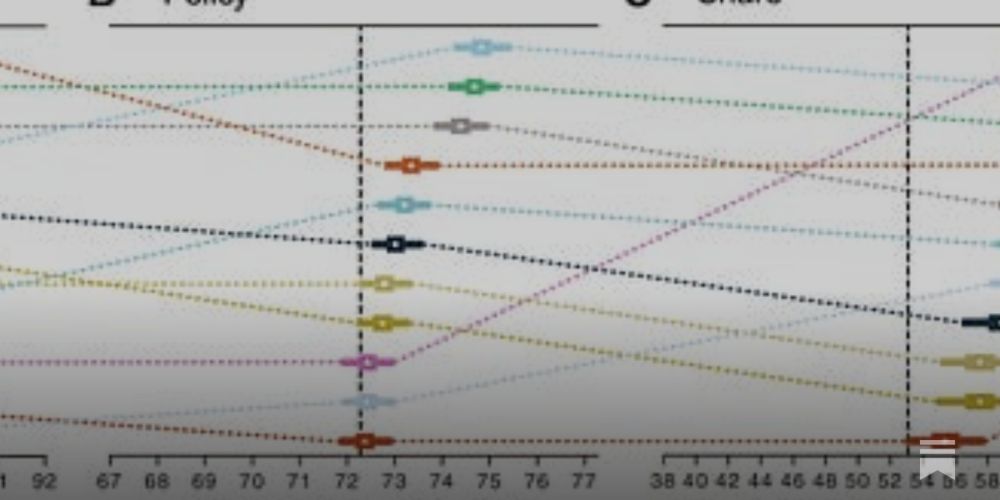
How to talk about climate change and the problem with doomerism
Issue 107: We conducted one of the largest experiments ever on climate change behavior — with advice from MythBusters' Jamie Hyneman
The Problem with Doomerism:
Critics are right that doom and gloom can demoralize people into inaction.
We found that negative messages increase social media sharing, but had no effect on policy support or climate beliefs & even backfired for effortful action: powerofus.substack.com/p/how-to-tal...
27.02.2024 14:01 — 👍 13 🔁 6 💬 0 📌 1
Big thanks to @loiclnlg.bsky.social, Gabby Samuel, Chris Racey, @lincoln81.bsky.social, Nikhil Bhagwat, Raghav Selvan, and Charlotte Rae for all their work on this paper!
08.02.2024 10:59 — 👍 2 🔁 0 💬 0 📌 0
10. Talk about greener computing
Discussing the carbon footprint of data processing within your neuroimaging community will make it easier to think seriously about this issue. This will help in embedding sustainable ideas into standard practice 🌱
08.02.2024 10:57 — 👍 0 🔁 0 💬 1 📌 0
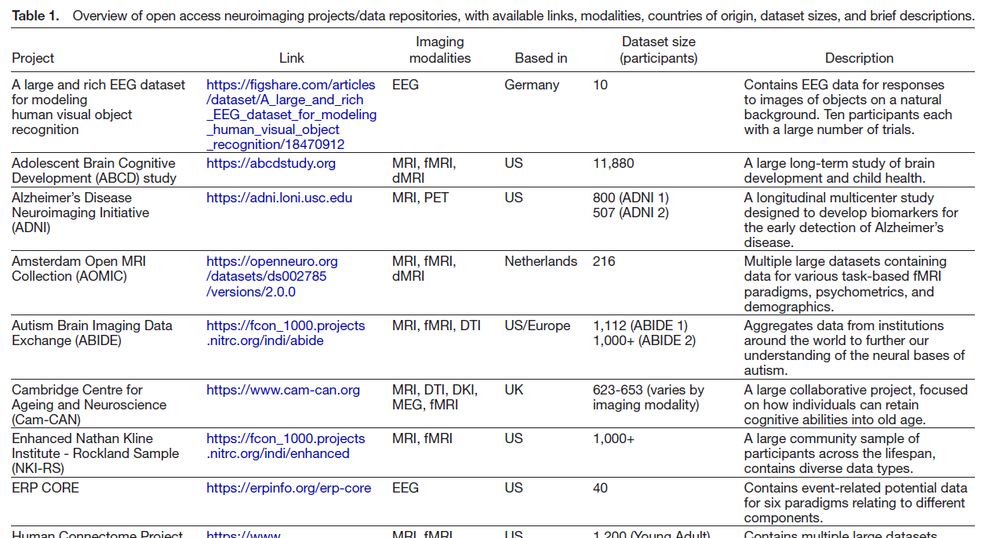
9. Use existing data
Running analysis on previously collected and preprocessed data is a great way to test hypotheses without using additional energy to preprocess it yourself. We provide a table describing different open access datasets.
08.02.2024 10:56 — 👍 0 🔁 0 💬 1 📌 0
8. Reflect on what needs to be shared
It's good practice to share all raw neuroimaging data on platforms like OpenNeuro. But this storage still has a carbon footprint. Consider whether just sharing preprocessed files would be enough to allow others to make use of your data.
08.02.2024 10:56 — 👍 0 🔁 0 💬 1 📌 0

Homepage
The European High Performance Computing Joint Undertaking (EuroHPC JU) is a joint initiative between the EU, European countries and private partners to develop a World Class Supercomputing Ecosystem in Europe.
7. Push for publicly owned centralised data storage
Large centralised data centres tend to be more efficient, but this often means relying on big tech comapnies to host data. Alternatives like EuropHPC JU may allow storage that is efficient & sustainable:
eurohpc-ju.europa.eu/index_en
08.02.2024 10:55 — 👍 0 🔁 0 💬 1 📌 0
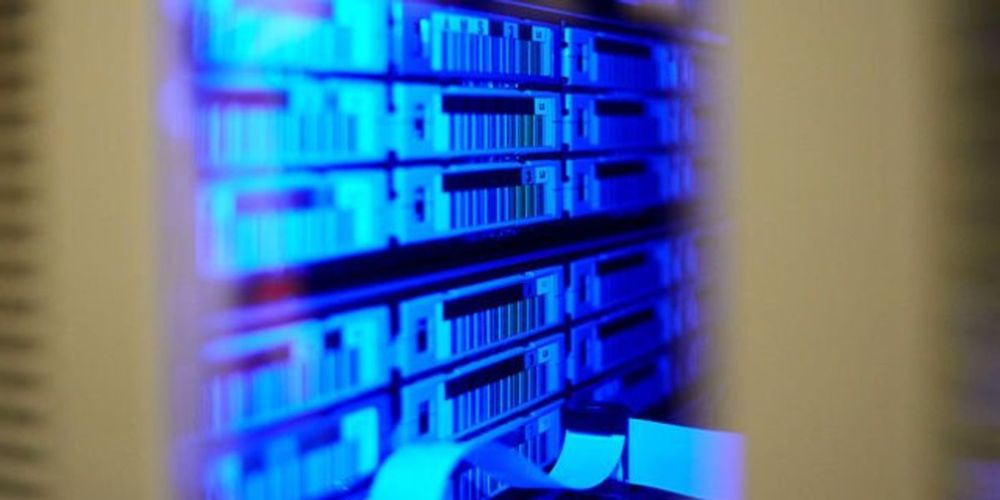
Tape Storage Might Be Computing’s Climate Savior
Tape media generates just 3 percent of the carbon dioxide that hard disks do
6. Plan your long-term storage
For files you do need to keep, have a data management plan in place. This could include deleting data after a certain time period (e.g., 10 years) or transitioning it to tape storage.
See spectrum.ieee.org/tape-storage...
08.02.2024 10:55 — 👍 0 🔁 0 💬 1 📌 0
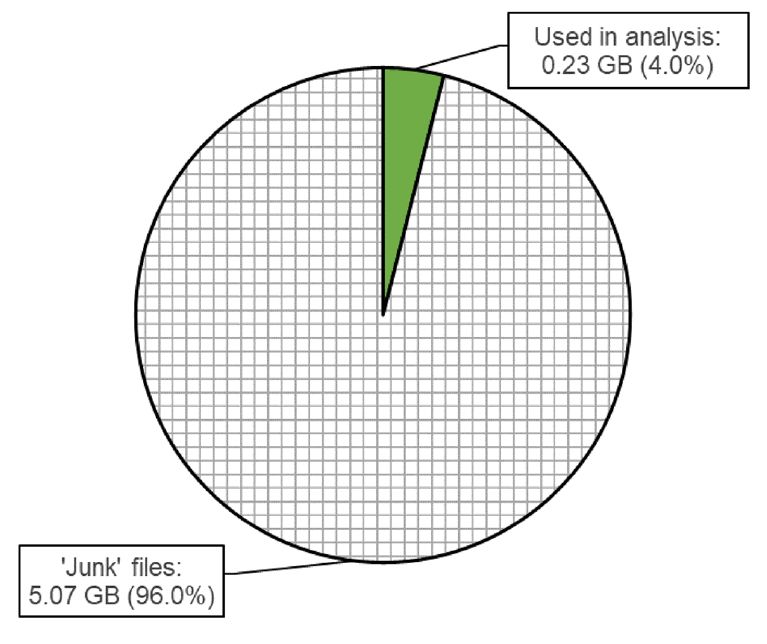
5. Tidy up "junk" files
Energy is needed to store and backup data. you can reduce your footprint by deleting files you don't need. For #fMRIPrep, junk files make up to 96% of total size.
Our tool fMRIPrepCleanup, automatically finds/removes this data: github.com/NickESouter/...
08.02.2024 10:54 — 👍 0 🔁 0 💬 1 📌 0
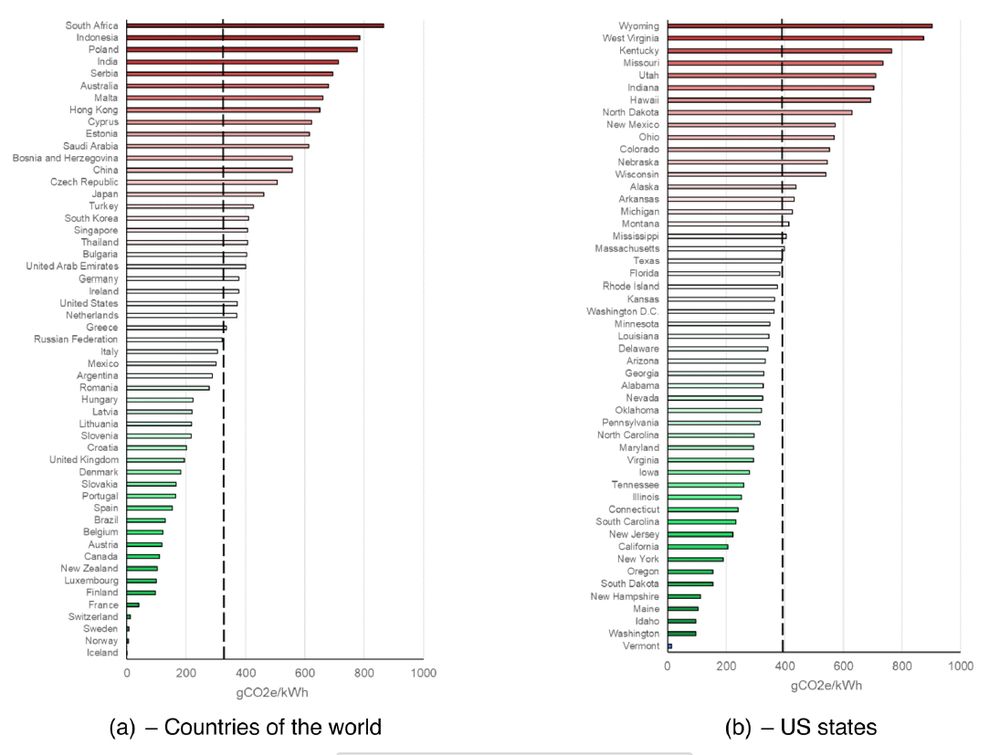
4b. Time and location matter
You can also consider choosing cloud computing services based in countries/regions with lower average carbon intensity.
2022 data for countries and US states ⬇️
08.02.2024 10:53 — 👍 0 🔁 0 💬 1 📌 0
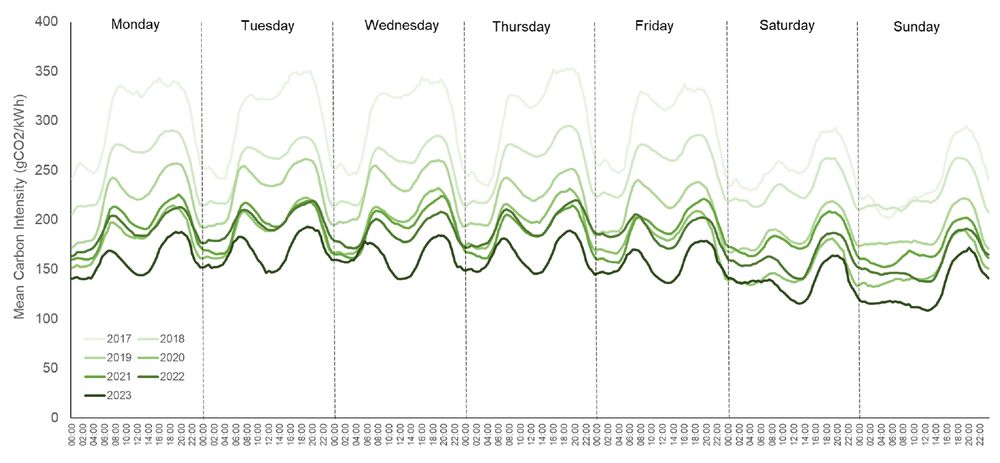
4a. Time and location matter
The carbon intensity of electricity peaks at busy times and drops overnight and at the weekend. By scheduling preprocessing/analysis to run at low intensity times, you can use the same amount of energy while emitting less carbon.
Data for the UK ⬇️
08.02.2024 10:53 — 👍 0 🔁 0 💬 1 📌 0
3. Preprocess conservatively
Reduce compute required for your research by only performing preprocessing steps that are necessary. In our recent study, we provide tips on how to minimise emissions from #fMRIPrep while still getting good quality data:
osf.io/preprints/os...
08.02.2024 10:52 — 👍 0 🔁 0 💬 1 📌 0
2. Track your emissions
There are tools available to estimate emissions from computing, like the Green Algorithms online calculator: calculator.green-algorithms.org
This can be a good first step in understanding the impact of your computing footprint, and taking action to reduce it!
08.02.2024 10:51 — 👍 0 🔁 0 💬 1 📌 0
1. Plan and preregister analysis
Repeating data processing or analysis requires additional energy usage, and therefore carbon emissions. Starting with a plan of exactly what you will do with your data can reduce unforseen obstacles, and therefore unecessary repetitions
08.02.2024 10:51 — 👍 0 🔁 0 💬 1 📌 0
Our review paper 'Ten recommendations for reducing the carbon footprint of research computing in human neuroimaging' was recently published in @imagingneurosci.bsky.social
doi.org/10.1162/imag...
Here's a quick summary of each of our recommendations 🧵
08.02.2024 10:51 — 👍 7 🔁 6 💬 1 📌 0
Dr Charlotte Rae provides some closing thoughts from the first EIC workshop, considering next steps towards environmentally sustainable research computing.Fi...
EIC 2023: Closing remarks
In the afternoon we hosted group discussions focusing on barriers to green computing, and potential solutions. Thank you to everyone who participated in these!
To end the day, Charlotte provided some take-home thoughts
www.youtube.com/watch?v=-QYp...
17.11.2023 14:33 — 👍 0 🔁 0 💬 0 📌 0
Dr Lincoln Colling discusses the benefits of making programming more efficient by critically considering how code is written. Filmed at the 2023 'Environment...
EIC 2023: Lincoln Colling - Benefits of efficient programming
Wrapping up our presentations, @lincoln81.bsky.social discussed how we can reduce the carbon footprint of our computing by being more efficient our coding
www.youtube.com/watch?v=6Hur...
17.11.2023 14:32 — 👍 0 🔁 1 💬 1 📌 0
Dr Nick Souter from the University of Sussex presents a case study from MRI, considering how researchers can use evidence-based practice to reduce the carbon...
EIC 2023: Nick Souter - Reducing the carbon footprint of digital pipelines: A case study from MRI
I provided a case study of how researchers can measure and reduce the carbon footprint of digital pipelines, using our own work with fMRI preprocessing as an example
www.youtube.com/watch?v=XDXL...
17.11.2023 14:31 — 👍 0 🔁 0 💬 1 📌 0
Miranda MacFarlane from King's College London provides an overview of the UKRI Net Zero Digital Research Infrastructure (DRI) Scoping Project, discussing the...
EIC 2023: Miranda MacFarlane - UKRI Net Zero Digital Research Infrastructure Scoping Project
Miranda MacFarlane then gave an overview of insights from the UKRI Net Zero Digital Research Infrastructure Scoping Project
www.youtube.com/watch?v=iWgz...
17.11.2023 14:31 — 👍 0 🔁 0 💬 1 📌 0
A digital sustainability certification scheme designed to tackle the environmental impacts of research computing activities, one team at a time 🌱
www.software.ac.uk/GreenDiSC
Software Sustainability Institute | University of Cambridge
Cog Neuro PhD @york.ac.uk 🧠 Using MEG/OPM & EEG - interested in Predictive Coding, AI/ML, Consciousness, & ASMR
Lecturer in Cognitive Neuroscience at Bangor University.
I study meaning in the brain, large-scale networks and cortical organisation.
Advocate for open, fair, democratic and reproducible science.
www.TirsoGonzalez.me
social psychologist at UMass Amherst, studying intergroup relations, social division, status inequalities, and bridging differences; passionate about translating academic research to make the world a better place.. and dogs 🐾 more at: www.lindatropp.com
Postdoctoral Research Associate studying the neurophysiology of amyotrophic lateral sclerosis at Loughborough University | PhD in fatigue in multiple sclerosis | 🧠🧲💪🏼⚡️
Deputy Editor, Our World in Data
Senior Researcher, University of Oxford
Climate, energy, environment, all things data.
PhD student at the 4-year Sussex Neuroscience Programme studying attention training with real-time fMRI neurofeedback in ADHD
Director of the York EMERALD Lab, researching language and emotional health, DLD and autism. Based at Uni of York.
Interested in all things - language, memory, attention, sleep and neurodiversity, but mostly cats. Ex-York, now in Cardiff
https://www.cardiff-babylab.com/
Lecturer in Developmental Psychology, University of Sussex
Co-Lead Sussex Baby Lab
Currently working on visual diet (head cams), simulations of baby vision, cognition after nature/urban scene exposure, development of aesthetic preference & biophilia
Research and data to make progress against the world’s largest problems. Based out of Oxford University (@ox.ac.uk), founded by @maxroser.bsky.social.
Postdoctoral Researcher at the University of Oxford, working to increase access to early mental health interventions for children.
Also interested in perinatal bodily experiences and their relationships with maternal mental health and attachment.
Associate Professor in AI and academic lead for SussexAI. Bayesian ML for medical imaging, computer vision & environmental monitoring.
Neuroscientist; Associate Professor in Behavioural and Clinical Neuroscience. At University of Sussex @Sussex_Psych; Research: adolescent neuroscience and mental health
Can't read minds but learning to read brain scans! | Psychology & Cognitive Neuroscience | PhD student | multisensory perception & perceptual neurodiversity | synesthesiologist | views my own | she/her | cdfine.github.io
Clinical Psychologist and Lecturer at @SussexUni
Psicólogo clínico y Lecturer en la @SussexUni
Interested in anxiety and anxiety-related disorders and addictions
@realab.bsky.social co-lead














